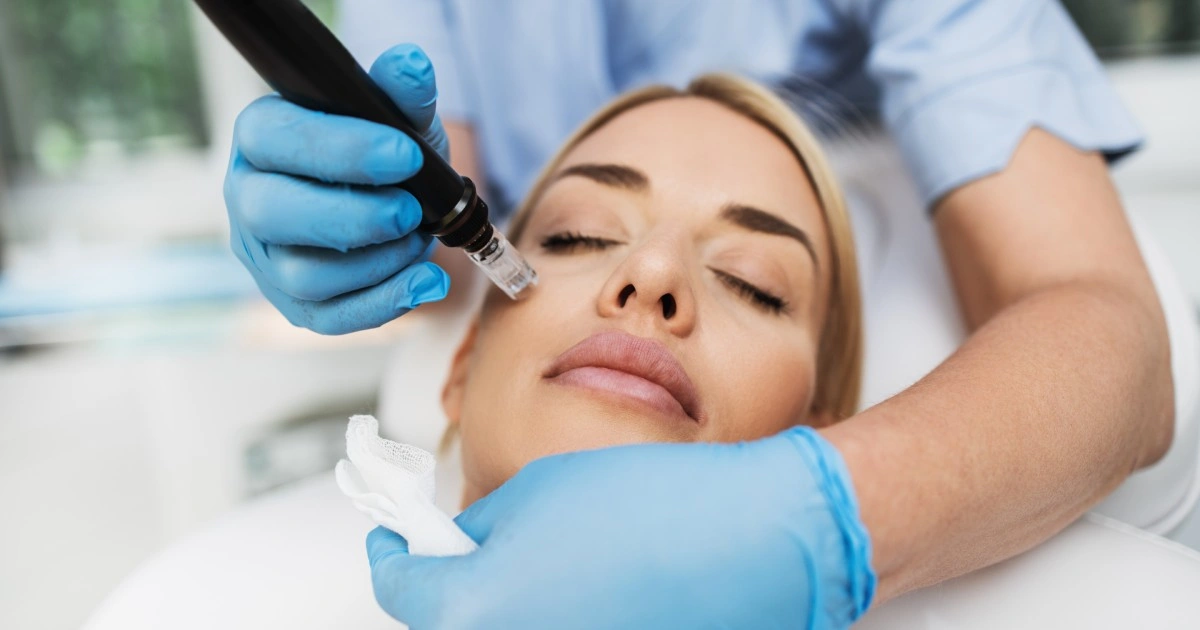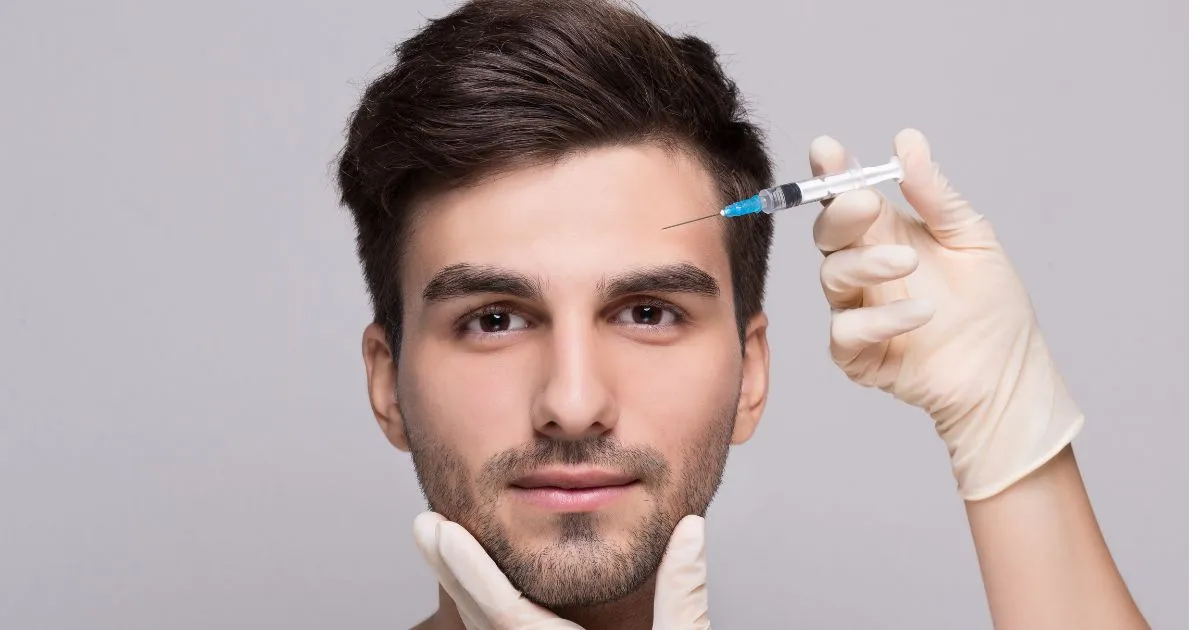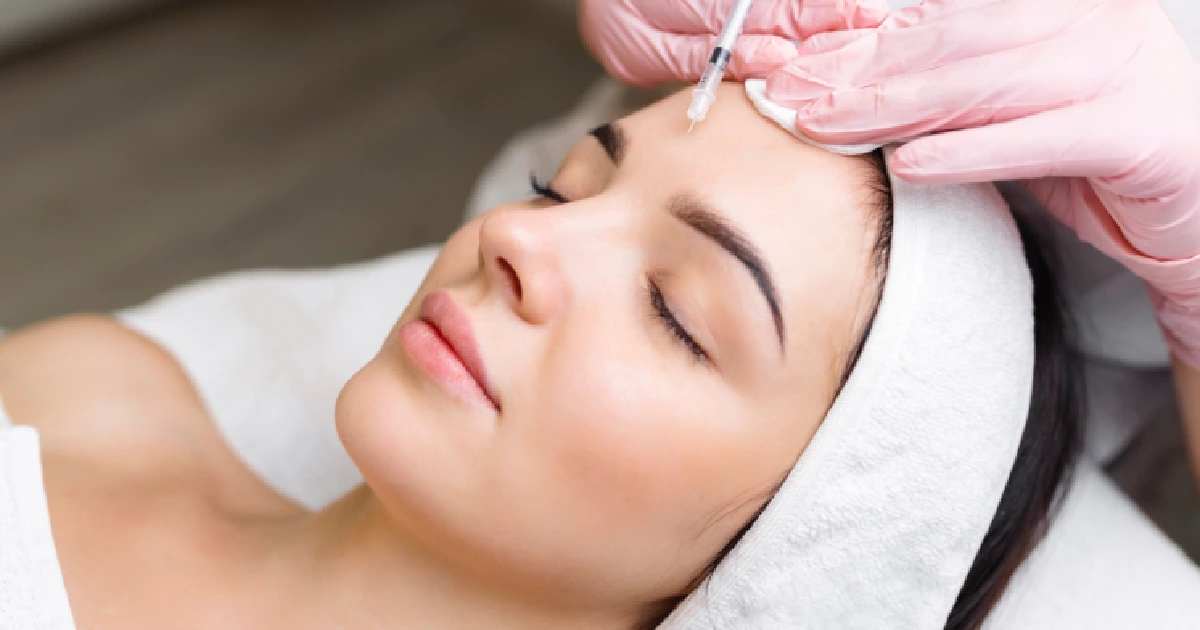Table of Contents
Fatigue that hits hard and lingers. A sex drive that used to be strong but now feels like an afterthought. Trouble staying focused, and workouts that feel like they’re doing less and less. If any of this sounds familiar, you’re not alone—and it might not just be aging or a busy lifestyle to blame.
Many men start to experience subtle but frustrating changes in how they feel, think, and perform. They’re told it’s normal, to tough it out, or it’s just part of getting older. But what if these changes were symptoms of something specific—something treatable?
Low testosterone, often referred to as Low-T, affects millions of men and is more common than you might think. And the good news is: it’s manageable. Understanding how and what you can do about it is the first step to feeling like yourself again.
Understanding Low Testosterone and Its Impact on Men’s Health
Testosterone is the hormone that plays a vital role in men’s physical, emotional, and sexual health. It helps regulate energy, muscle mass, bone density, mood, and libido. Levels naturally decline with age—starting as early as your 30s—but in some men, they drop below healthy levels, leading to a range of disruptive symptoms.
Symptoms of low testosterone can include:
- Persistent fatigue or lack of energy
- Reduced sex drive and erectile difficulties
- Mood swings, irritability, or mild depression
- Increased body fat, particularly in the abdomen
- Loss of muscle mass and strength
- Difficulty concentrating or memory lapses
These symptoms often creep in gradually, making them easy to ignore or attribute to stress, poor sleep, or burnout. But when testosterone levels remain low, it can interfere with your long-term health, contributing to metabolic issues, decreased bone density, and even cardiovascular risks.
Thankfully, low testosterone treatment options are available and can help restore balance and quality of life.
How Can Treatment Help You Feel Like Yourself Again?
When testosterone is restored to healthy levels, most men notice subtle and significant improvements, not just in physical performance but also in how they think, feel, and connect with the world.
Some of the most common benefits of low-T therapy include:
- Better energy and motivation: Say goodbye to the midday crash and hello to sustained stamina throughout your day.
- Enhanced libido and sexual performance: Regain interest, drive, and satisfaction.
- Improved mood and mental clarity: Feel more focused, less irritable, and mentally sharp.
- Greater strength and muscle tone: Exercise feels effective again, and your body responds to your efforts.
- Easier weight management: Reduced abdominal fat and better metabolic function.
- Higher quality sleep: Many men report sleeping more soundly after treatment begins.
Beyond physical benefits, the psychological lift of feeling “normal” again—connected, driven, and capable—can be transformative.
Is Low-T Treatment Right for You?
Low testosterone can affect men at different ages, but it’s most common in those over 35. However, age isn’t the only factor. Your lifestyle, stress levels, health history, and genetics play a role.
You might be a good candidate for testosterone replacement therapy if:
- You’ve noticed persistent symptoms like low energy, reduced libido, or poor focus
- You’re struggling to build or maintain muscle despite regular workouts
- You feel like your body has changed, and not in a way that matches your effort
- You want a medical explanation for how you’re feeling, and solutions that make sense
Still unsure? A consultation with a provider can bring clarity. They’ll look at your symptoms, run lab tests, and help determine whether low testosterone is part of the picture.
Choosing the Right Treatment: Options at Reclaim Med Spa and Wellness
Not all low testosterone treatments are the same, and your preferences, lifestyle, and goals matter. At Reclaim Med Spa and Wellness, men in St. Louis, MO, can access various convenience, safety, and effectiveness options.
1. Testosterone Injections
- Administered weekly or bi-weekly
- Delivers direct hormone replacement
- Popular for men seeking fast, noticeable results
- May cause minor injection site discomfort or mood shifts
2. Testosterone Gel
- Applied daily to the skin
- Absorbs gradually for more stable levels
- Ideal for those who prefer a non-invasive, steady approach
- May cause skin irritation in some individuals
3. Testosterone Patches
- Worn daily on the skin
- Offer discreet and consistent delivery
- Convenient for travel or busy schedules
- Some users report sweating or irritation under the patch
4. Peptide Therapy (Growth Hormone Optimization)
This advanced option enhances the effects of testosterone therapy by promoting growth hormone activity. It supports better fat loss, muscle development, and recovery, making it a valuable add-on for men seeking a more complete hormone optimization strategy.
Personalized Treatment Planning
Every man is different. That’s why your treatment starts with a consultation that includes lab testing and an in-depth discussion about your goals and lifestyle. Whether seeking improved performance, clarity, or confidence, your provider will build a plan that fits your life, not vice versa.
Common Questions About Low Testosterone Treatment
How do I know if I have low testosterone?
The only way to confirm is through a blood test, but symptoms like chronic fatigue, decreased sex drive, weight gain, and poor mental focus are common red flags.
How soon will I feel better after starting treatment?
Some men notice improvements in energy and mood within a few weeks. Full benefits—like muscle gain or fat loss—can take several months of consistent therapy.
Can I stop treatment once I feel better?
Testosterone levels typically return to their previous low state if treatment stops abruptly. Your provider will help guide you if you ever want to taper off or reassess.
Does low testosterone affect mental health?
Yes. Low-T has been linked to mood instability, irritability, low motivation, and even depression. Restoring levels can often improve emotional well-being.
Take the Next Step Toward Feeling Like Yourself Again
Living with low testosterone in St. Louis, MO, doesn’t have to be your “new normal.” If you’re feeling off, disconnected, or like your edge is gone, it’s time to take action—safely and confidently.
At Reclaim Med Spa and Wellness, our expert team helps men boost testosterone levels safely through medically guided, minimally invasive treatment options. Whether you’re dealing with fatigue, low libido, or focus issues, we’re here to help you reclaim your strength and well-being.
Reclaim your energy and confidence. Book a consultation today to find out if testosterone therapy is right for you.






